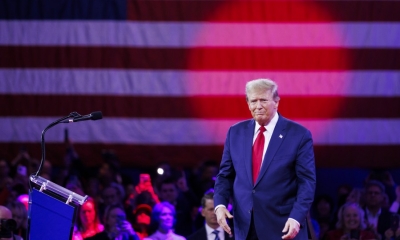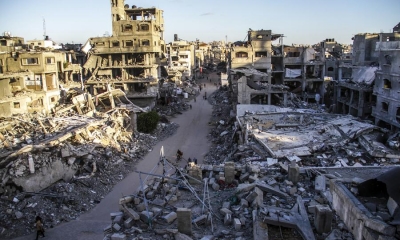The Expansion of BRICS and the New World Order
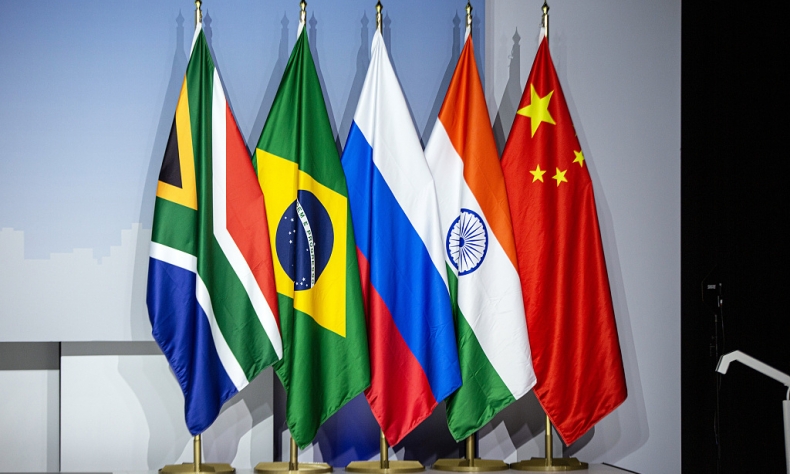
The expansion of BRICS to eleven members will advance the process of building a community with a shared future for mankind.
The recent 15th annual BRICS summit marked a new stage in the evolution of a multipolar international order. New countries were added making for a BRICS plus of eleven countries. With the BRICS process moving forward the dynamics of the international system are changing and a new world order will emerge in due course.
BRICS is a cooperative mechanism focused broadly on development. Important aspects of development include infrastructure, energy, agriculture, public health and education. Additionally, trade relations and mechanisms for settlement fall under the purview of BRICS.
According to some estimates, the expanded BRICS has: 46 percent of world population, 32 percent of landmass, 37 percent of GDP at PPP, 40 percent of oil reserves, 45 percent oil production, 20 percent of gold reserves, 32 percent of gold production, 30 percent of foreign direct investment, 40 percent of foreign exchange reserves.
To get a sense of the changing international situation, a historical perspective is essential. Overall, there is a shift away from an exploitive Western dominated system to a system based on mutual respect, equality, fairness, justice, and positive sum cooperation.
End of Western domination
A Western dominated system began some five centuries ago with European exploration. The exploration led to trade which included the infamous slave trade across the South Atlantic and across the Indian Ocean. The next step of the European powers was colonization in order to institutionalize exploitive and unequal trade relations. The expansion of colonization led to imperialism on a global scale by European powers.
European imperialism accelerated in the 19th century. Industrial power and new technology for warfare facilitated the European subjugation of Africa. The “scramble for Africa” by European powers led to the entire continent falling under European control with the exception of Liberia.
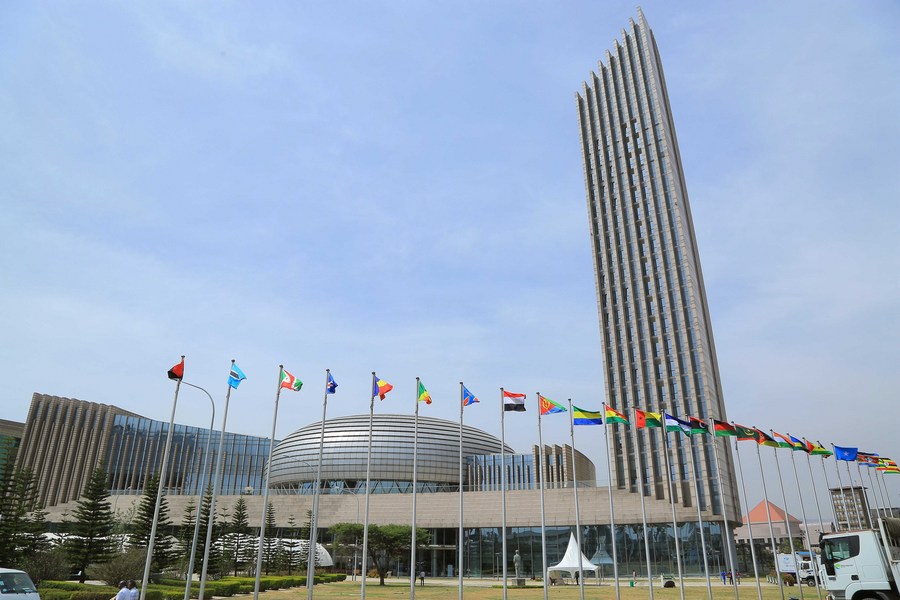
The process of decolonization, however, began in the aftermath of World War II. During the 1940s, 1950s, 1960s, and 1970s, many colonies gained independence and appeared on the world stage as sovereign states which joined the United Nations and thus became part of the international community.
Despite becoming independent sovereign states, many of these new states fell under Western domination. Today, however, states in West Africa, for example, are breaking away from the chains of Western neo-colonialism.
BRICS expansion and development
To get a sense of the significance of BRICS plus some data is helpful to indicate the scope of the enlarged organization. The new members are: Saudi Arabia, the United Arab Emirates (UAE), Egypt, Iran, Ethiopia, and Argentina.
BRICS today now exceeds the GDP of the G7 group. It will now control some 37 percent of global GDP at PPP, although still lower than G7 in terms of GDP at exchange rate.
As to the energy sector, some very big consequences are set to be realized. Already, the BRICS included China which is the world’s first largest oil importer and India which is the third largest importer. Russia has been the world’s largest hydrocarbon exporter but now Saudi Arabia, UAE, and Iran are in the new BRICS plus mix.
It is not yet clear how BRICS and OPEC will interact. But some analysts say the Ukraine war added to an increasing bifurcation of global oil trading. Given this bifurcation, cooperation among BRICS members takes on new significance.
The Ethiopia’s joining is interesting. The country has benefited from being an active participant in China-proposed Belt and Road Initiative. Russia has had relations with Ethiopia since the late 19th century, an interesting fact not usually recalled. Ethiopia is geographically in a strategic position on the Red Sea and near the Gulf of Aden.

Ethiopia has many natural resources: gold, platinum, potash, natural gas, copper. Often overlooked is Ethiopia’s great agricultural potential. Ethiopia has such agricultural potential owing to its vast areas of fertile land, diverse climate, adequate rainfall, and large labor pool. The development of agro-processing industries can enhance the value of agricultural products, generate employment, and boost exports. Development of irrigation infrastructure can play a significant role in agricultural production.
Egypt is the 13th largest producer of natural gas. It has great potential in industrial and agricultural development. Its geographic position, of course, makes it a significant strategic actor.
Argentina has potential for development of its hydrocarbon resources. It is an industrialized country with a tremendous agricultural sector. Partnering with Brazil and as a member of BRICS, Argentina has the opportunity to stabilize its economic situation and promote substantial development.
BRICS+ and food security
The war in the Ukraine has raised international concern about food security. As in energy, BRICS+ is well positioned to promote agricultural development and food processing. A key element here is furthering agricultural trade among the BRICS+ countries.
For example, BRICS imports a bit more than $300 billion of agricultural products but much of this trade happens outside of BRICS. India and China import about 85 percent of the imports but they can increase trade within the group importing from Brazil, Ethiopia, and South Africa, for example.
Technical issues such as trade barriers, lack of infrastructure, supply chain issues will be dealt with as the expanded BRICS moves forward. Enhancing cargo airlift can benefit the group. Increasing efficiency and productivity will enhance food security. Elimination of unnecessary restrictions on trade will be undertaken.
Food and nutrition security programs in BRICS+ are now slated to include food safety nets to reduce hunger and malnutrition among women, youth, children, older people, and persons with disabilities.
Overall, in order to promote agriculture and rural development, BRICS+ will emphasize the acceleration of existing national agriculture and rural development programs and initiatives, and focus on revitalizing rural economies, attracting public and private investment, and fostering skills development.
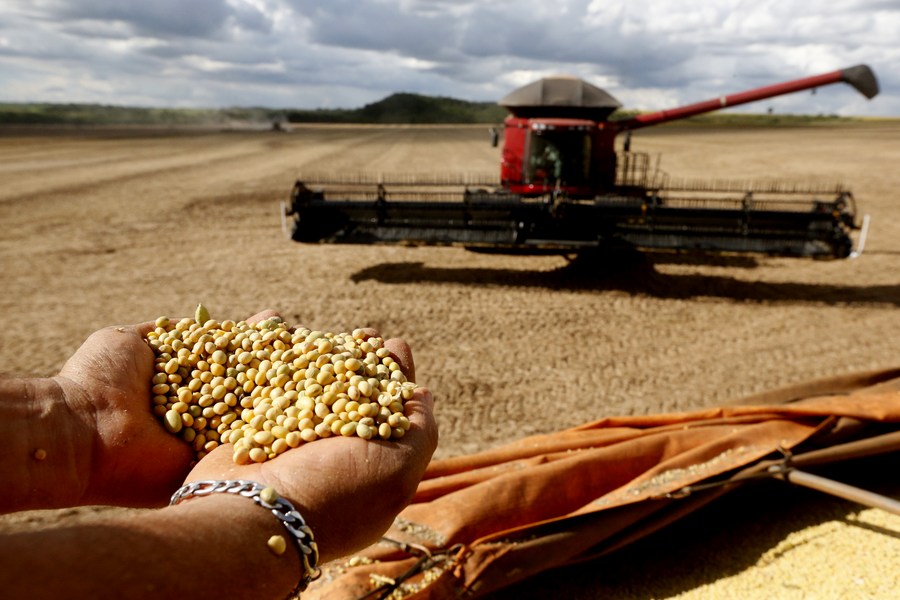
BRICS+ as a commodity power
It is not only hydrocarbons and agricultural production that make BRICS+ a commodity power. The issue of key mineral and rare earth resources has recently been highlighted in the news. China’s newly announced rare earth export policy as well as the tense situation in West Africa rich in uranium and other resources has caught the attention of Western policymakers.
Looking at the new BRICS+ eleven-member group, the natural resource issue clearly enhances the mechanism as a commodity power. Abundant natural resources enhance the groups’ collective security and give it additional leverage internationally as well.
Washington in recent decades has thrown its weight around and has become a global bully. This is not a prudent and sustainable policy for the long term. The United States is an import dependent power with a massive national debt. As the dollar inevitably declines in relative value, the cost of imports to include commodities will rise. In turn, this will have a deleterious domestic inflationary effect.
The United States and NATO do not have the power to launch a new “scramble for Africa” given the growing strength of the “Global Majority”. The West has growing vulnerabilities in terms of hydrocarbons, natural resources, and agriculture. Pragmatic Europeans may no longer wish to be vassals of Washington.
West must cease global economic warfare
The expansion of BRICS to eleven members will advance the process of building a community with a shared future for mankind. Various intentional groupings like BRICS+ as they grow and multiply will form new structures for cooperation and development. Hopefully, the UN will be reformed.
The destabilization and subversion of the global economy by Western economic sanctions and proxy warfare must cease. As the 15th BRICS Summit demonstrates, BRICS+ members know that overcoming Western neo-colonialism will not be an easy task but, nonetheless, it is a task that must be undertaken with determination and solidarity.
The article reflects the author’s opinions, and not necessarily the views of China Focus.
 Facebook
Facebook
 Twitter
Twitter
 Linkedin
Linkedin
 Google +
Google +





